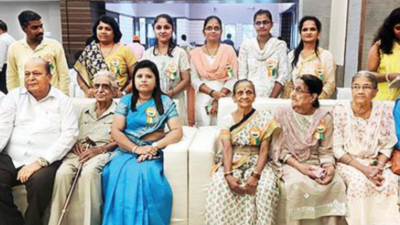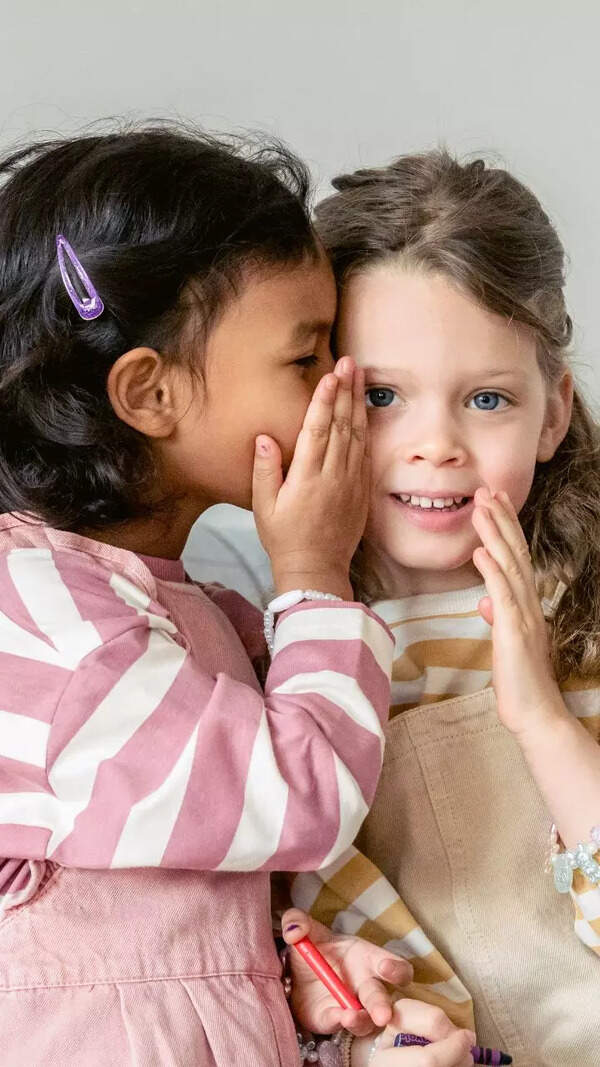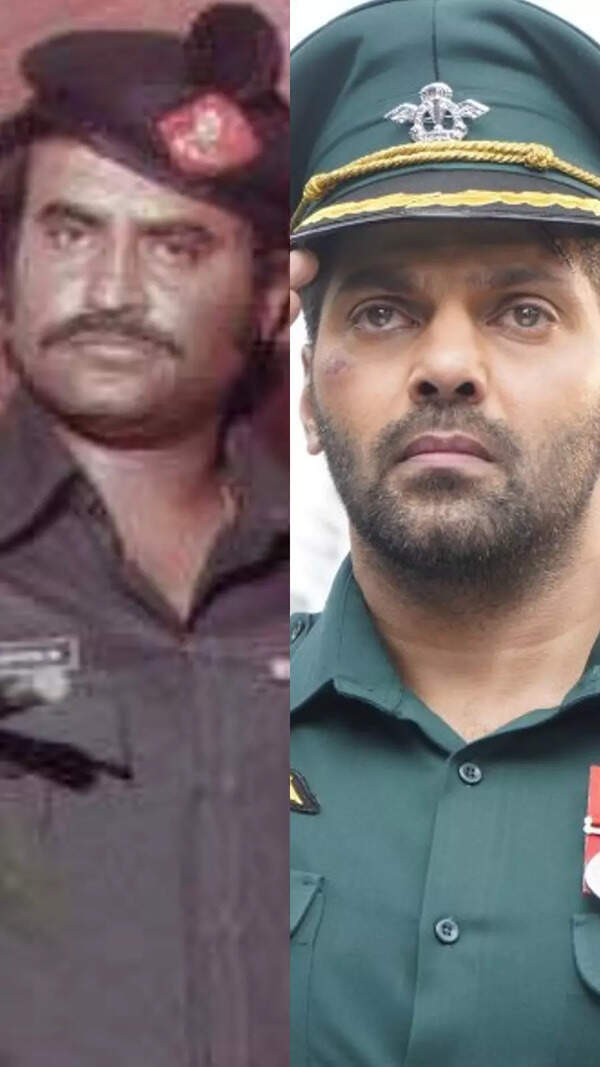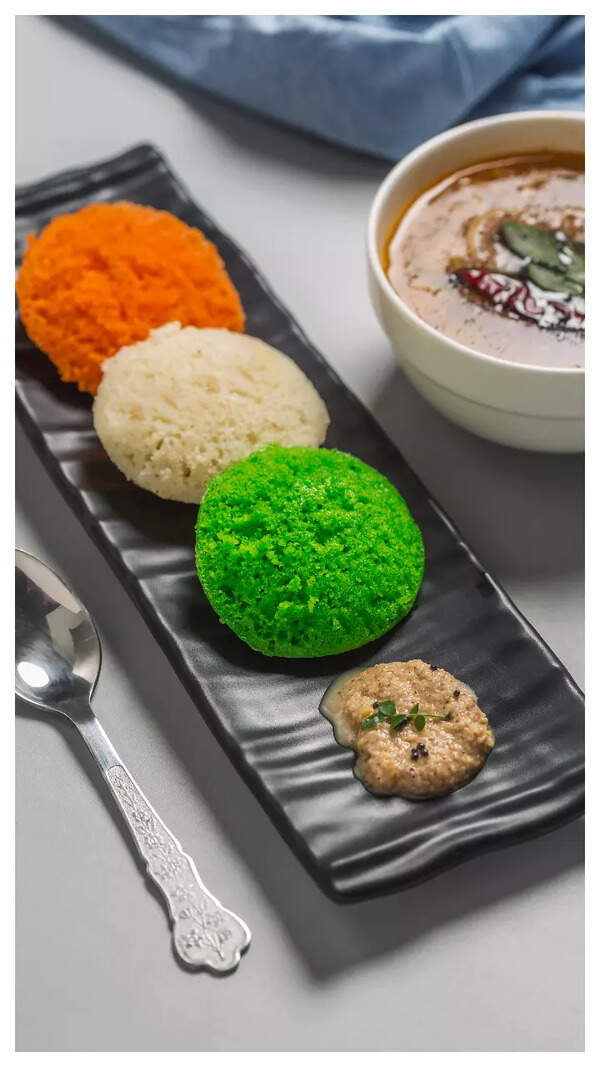- News
- City News
- thane News
- Thane: Ulhasnagar Sindhis recall the horrors of Partition
Thane: Ulhasnagar Sindhis recall the horrors of Partition

A gathering at Partition Horrors Remembrance Day, Ulhasnagar
ULHASNAGAR: A less remembered facet of the 75th anniversary of India's Independence is the country's Partition that was effected the same night as an unfortunate offshoot of India's tryst with destiny.
Among the worst sufferers were Sindhi immigrants who arrived in India, stateless, as their land was carved into Pakistan. Penniless and bereft, they had to grow roots in a new soil miles away from home.
Among lakhs of Sindhi migrants, the single largest contingent of 90,000 settled in Ulhasnagar. The city presently houses at least seven lakh members of the community.
Old wounds reopened, and natives got emotional on Sunday during a Partition Horrors Remembrance Day programme organised by the Government of India under its 'Azadi Ka Amrit Mahotsav' campaign. The event was organised by the Ulhasnagar tehsildar office and attended by Thane collector Dr Rajesh Narvekar as well as several elderly Sindhis who had crossed into India in 1947-48.
An 82- year-old retired professor, Meena Rupchandani, addressed the gathering. She said, "We are the supreme sufferers of Partition because while Bengalis and Punjabis got separate states, we who arrived from the Sindh province of Undivided India did not. Only some of us were given housing in military camps."
At the time, Rupchandani was seven years old and 15 family members were in Karachi. "Initially we did not want to leave our homeland. But once Partition was effected, rioters looted and plundered our homes to forcefully drive us away. Under fear and duress, we decided to leave on January 5, 1948," she said.
The immigrants, she said, had been educated and prosperous back home, but had to start over. "We were kept in different places in India. My family came to (the then) Bombay by ship from Karachi and was put up in Ulhasnagar, then known as Military Camp of Kalyan. The women in our community did not work for a living but started sewing clothes, selling papads or handkerchiefs to make ends meet. Even today, Sindhi mothers gift their daughters a sewing machine at their wedding."
Another elder, Devidas Jeswani, 82, said that initially they did not get proper food and the barracks were dilapidated. But later the central government provided food.
According to Rajesh Vadhrya, two generations of Sindhis spent their lives just ensuring basic necessities like "roti, kapda and makan", after which their enterprising heirs catapulted business from Ulhasnagar's Jeans Market, Chocolate Market and Gown Market to international destinations.
Local BJP MLA Kumar Ailani pointed out how Sindhis are now being forced to migrate again -- to neighbouring Kalyan, Ambernath and Thane as their buildings are dilapidated. He urged collector Narvekar to address the issue and promised to draw the state government's attention to it too. Narvekar assured he would try to resolve the redevelopment issue. He said this was the first such meet-up at the instance of the central government. Meanwhile, the Ulhasnagar Municipal Corporation (UMC) also organised a photo exhibition on 'Partition Horror Remembrance Day' and screened a documentary with migrants' testimonials.
Among the worst sufferers were Sindhi immigrants who arrived in India, stateless, as their land was carved into Pakistan. Penniless and bereft, they had to grow roots in a new soil miles away from home.
Among lakhs of Sindhi migrants, the single largest contingent of 90,000 settled in Ulhasnagar. The city presently houses at least seven lakh members of the community.
Old wounds reopened, and natives got emotional on Sunday during a Partition Horrors Remembrance Day programme organised by the Government of India under its 'Azadi Ka Amrit Mahotsav' campaign. The event was organised by the Ulhasnagar tehsildar office and attended by Thane collector Dr Rajesh Narvekar as well as several elderly Sindhis who had crossed into India in 1947-48.
An 82- year-old retired professor, Meena Rupchandani, addressed the gathering. She said, "We are the supreme sufferers of Partition because while Bengalis and Punjabis got separate states, we who arrived from the Sindh province of Undivided India did not. Only some of us were given housing in military camps."
At the time, Rupchandani was seven years old and 15 family members were in Karachi. "Initially we did not want to leave our homeland. But once Partition was effected, rioters looted and plundered our homes to forcefully drive us away. Under fear and duress, we decided to leave on January 5, 1948," she said.
The immigrants, she said, had been educated and prosperous back home, but had to start over. "We were kept in different places in India. My family came to (the then) Bombay by ship from Karachi and was put up in Ulhasnagar, then known as Military Camp of Kalyan. The women in our community did not work for a living but started sewing clothes, selling papads or handkerchiefs to make ends meet. Even today, Sindhi mothers gift their daughters a sewing machine at their wedding."
Another elder, Devidas Jeswani, 82, said that initially they did not get proper food and the barracks were dilapidated. But later the central government provided food.
According to Rajesh Vadhrya, two generations of Sindhis spent their lives just ensuring basic necessities like "roti, kapda and makan", after which their enterprising heirs catapulted business from Ulhasnagar's Jeans Market, Chocolate Market and Gown Market to international destinations.
Local BJP MLA Kumar Ailani pointed out how Sindhis are now being forced to migrate again -- to neighbouring Kalyan, Ambernath and Thane as their buildings are dilapidated. He urged collector Narvekar to address the issue and promised to draw the state government's attention to it too. Narvekar assured he would try to resolve the redevelopment issue. He said this was the first such meet-up at the instance of the central government. Meanwhile, the Ulhasnagar Municipal Corporation (UMC) also organised a photo exhibition on 'Partition Horror Remembrance Day' and screened a documentary with migrants' testimonials.
FOLLOW US ON SOCIAL MEDIA
FacebookTwitterInstagramKOO APPYOUTUBE
Start a Conversation
end of article










